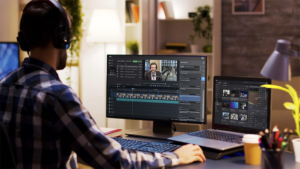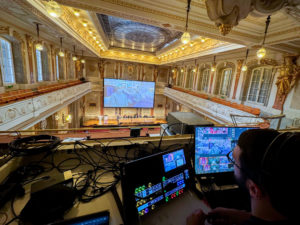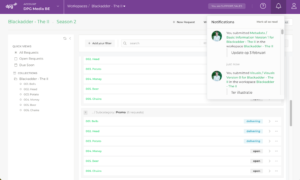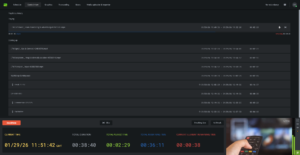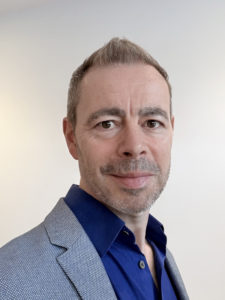Genelec – Sustainability: we’re all in this together

Howard Jones, Communications Director, Genelec
With the current climate crisis acting as a daily reminder of the scale of the problems facing us globally, it’s essential that we as an industry all commit to being part of the solution by putting sustainability at the very heart of our business. At Genelec we don’t see this as a regulatory hurdle to overcome or an opportunity to try and ‘greenwash’ a corporate image to make ourselves look better, but something that is crucial for the broadcast sector to survive and thrive.
Our own journey to sustainability began with our founder Ilpo Martikainen long before he launched the company in 1978 with Topi Partanen, and here I’ll share some of our own experiences at Genelec which I hope you’ll find interesting and relevant.
Ilpo had grown up on a farm in his native Finland, and he saw first-hand how the country’s huge timber industry constantly replenished its forests to ensure that the business was sustainable. Ilpo himself became actively involved in tree planting programs each year and his understanding of running a company in a holistic, sustainable way became embedded in his thinking.

Ilpo Martikainen tree-planting
With that in mind, we later entered a previously unwritten part of the company’s philosophy and heritage directly into our strategy, namely that environmental issues are just as important as sound quality and profitability.
Environmental management
We’d encourage everyone to implement a detailed Quality and Environmental Policy and consider signing up to the ISO14001 certification for environmental management. Created through the wisdom and experience of experts the world over, each ISO standard creates a formula for the best ways of making a product, managing a process, delivering a service or supplying materials.
ISO 14001 creates the framework that allows you to set up an effective environmental management system. This gives both you and your customers the confidence of knowing that your company’s environmental impact is being continually measured, managed and improved. Monitoring your greenhouse gas emissions (GHG) using the Greenhouse Gas Protocol provides a standardized way of calculating and measuring these, dividing them into three ‘scopes’ that include your company’s own ‘direct’ emissions plus those ‘upstream’ and ‘downstream’ activities such as energy purchases and transportation of goods.
Sustainable businesses should give priority to preventing or minimizing the creation of waste and use of energy. If waste is generated, try and re-use it or use it for secondary purposes such as energy production. The least desirable option is to produce non-recyclable waste, and this is something that should be avoided if at all possible. Why not set yourself a target for the proportion of waste that you recycle?
Ultimately, committing to both internal and external audits is essential to establishing where you are on your sustainability journey, where you need to be – and most importantly, how to get there.
Technology and supply chains
If you’re a manufacturer, how you design your technology and source your materials is crucial to sustainable development. Make it a priority to analyze the environmental impact of each of your products and investigate ways to improve the power efficiency, modularity and packaging design.
If you build long lifecycles into your technology and commit to long term technical and spare part support, you’ll be creating products that can last for decades. And while global supply chains can be incredibly complex, by effective communication and engagement with your suppliers you can evaluate their capabilities in managing environmental and social issues, their communication practices and their financial stability. By auditing your suppliers and creating a supplier Code of Conduct you can develop better sustainability and responsible business practices.

An old legacy S30 model being serviced
People and society
A company’s sustainability credentials are also very much dependent on its place in society and how it treats its employees. At Genelec, we believe that the people within our organization are our biggest asset. They make us versatile, create a huge diversification of skills and creativity, and promote innovation. So consider important metrics such as the age distribution, gender balance and length of service of your employees – what does that tell you about your organization?
Do you encourage continued learning and professional development within your company? At Genelec, for our factory employees specifically we provide the opportunity to rotate jobs. This is invaluable for providing a wider employee experience, adding variety and interest, helping to develop new skills – and ensuring that each employee is matched with a fulfilling and enjoyable role.

Finally, as a company, how strong are your links with the local community? Could you do more to foster connections with local organizations, educational establishments and charities, in order to give back more to the people around you?
In conclusion, there are no quick fixes – and the road to sustainable business is one that requires commitment, constant analysis and a real desire for improvement. But at Genelec we see this not as a choice, but an imperative for the future of our industry.
www.genelec.com/sustainability

